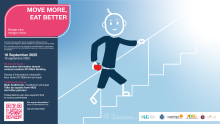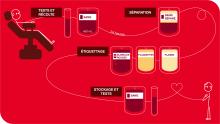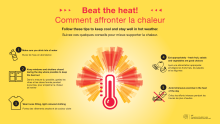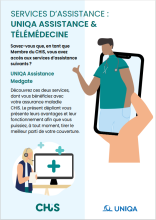Covering treatment by medical auxiliaries
October 2025
Auxiliary medical care encompasses a vast range of services, and the rules governing how it is covered frequently give rise to questions from members. Below is a non-exhaustive list of the medical auxiliaries most frequently covered by the CHIS, for most members, provided that you have a medical prescription.
Click on the title for more information.




